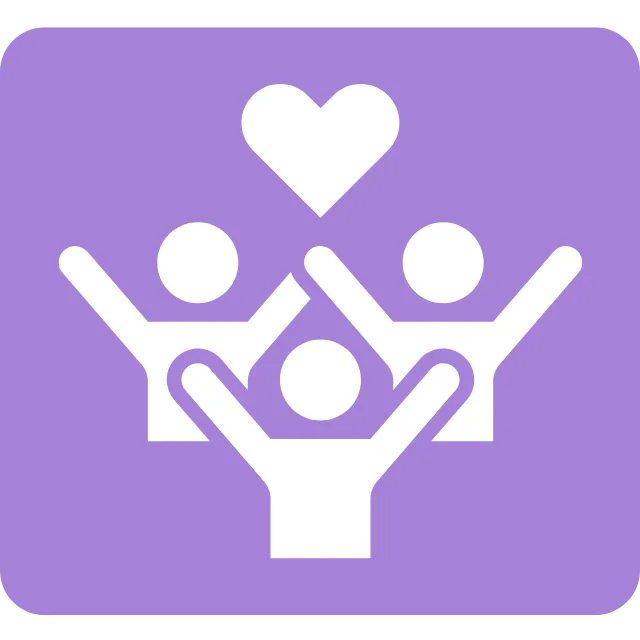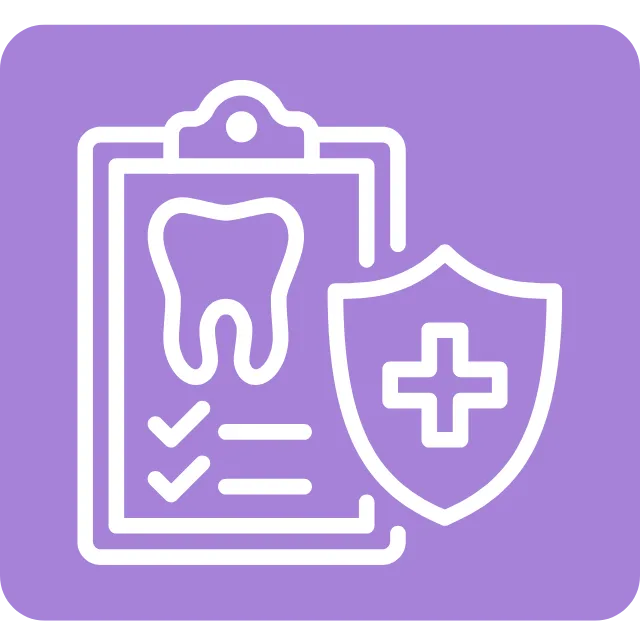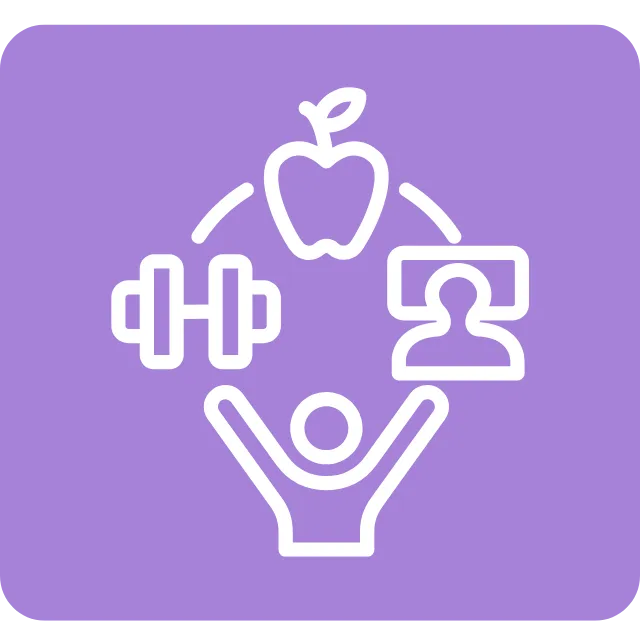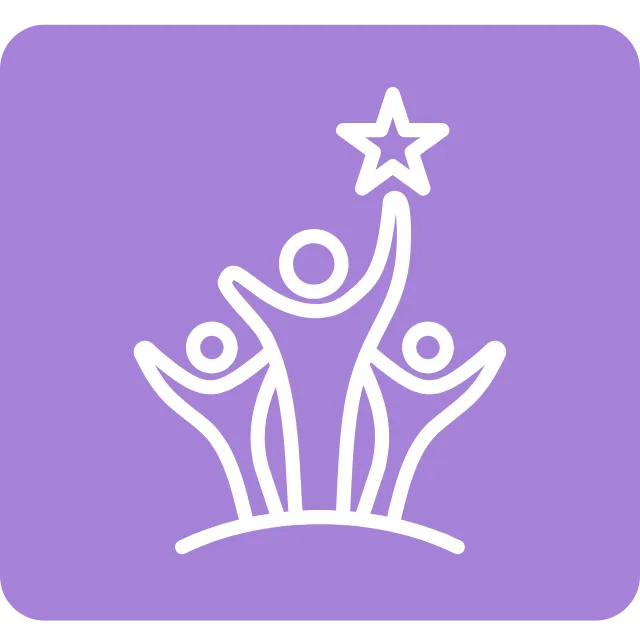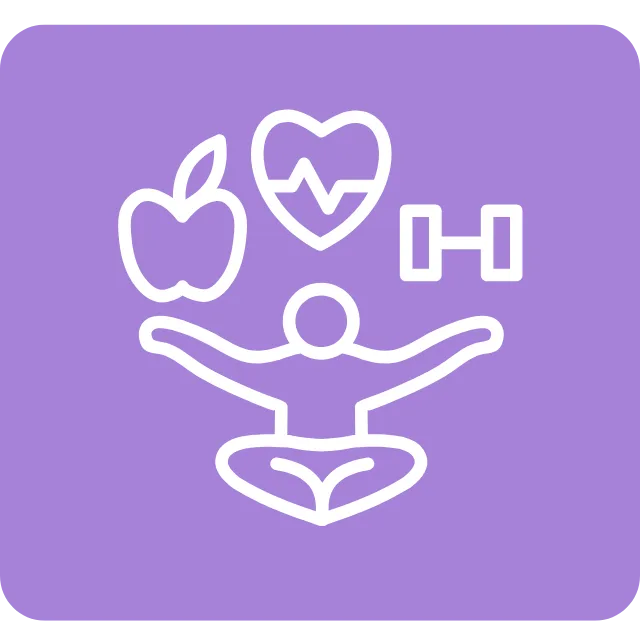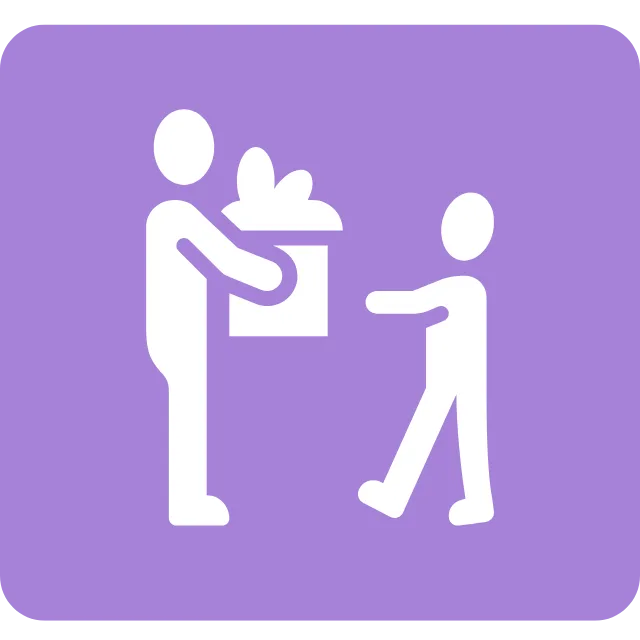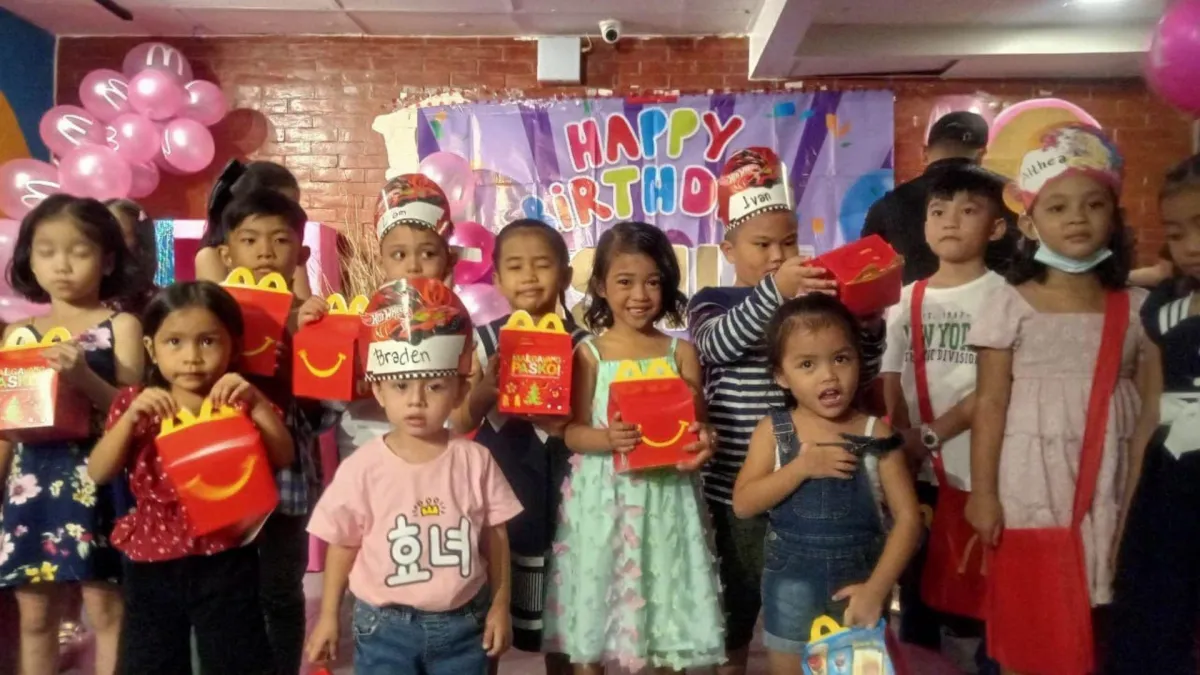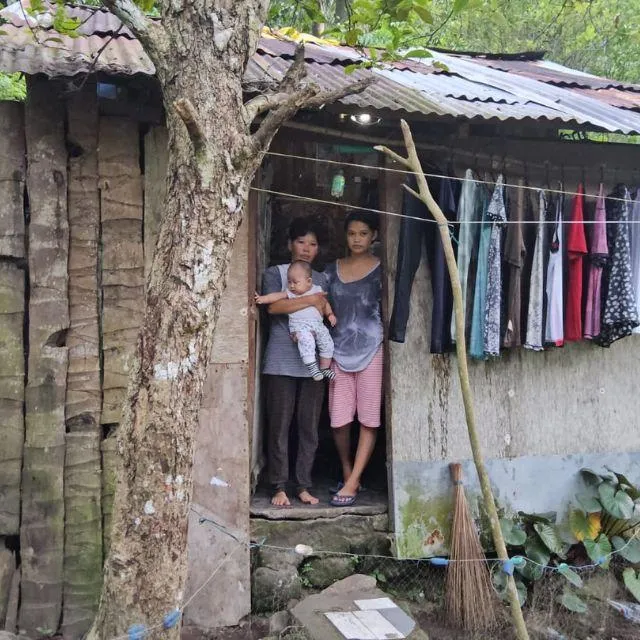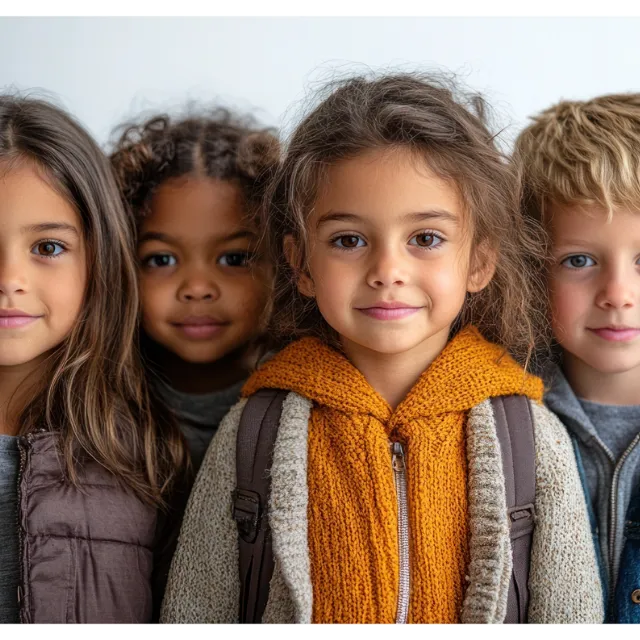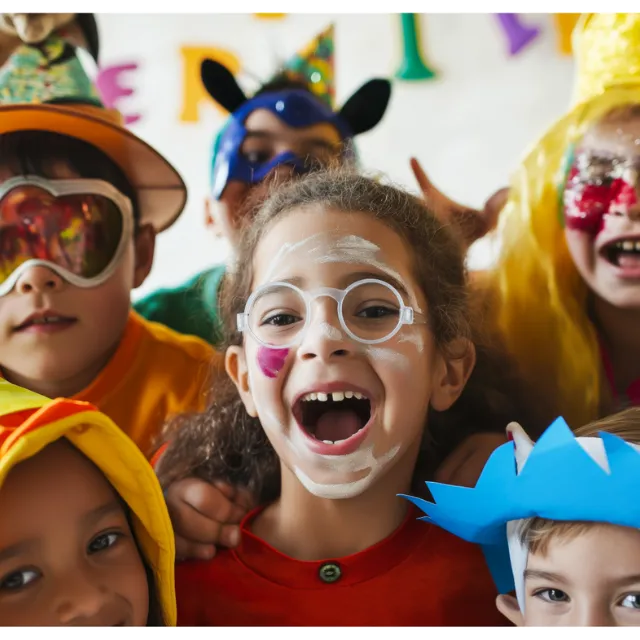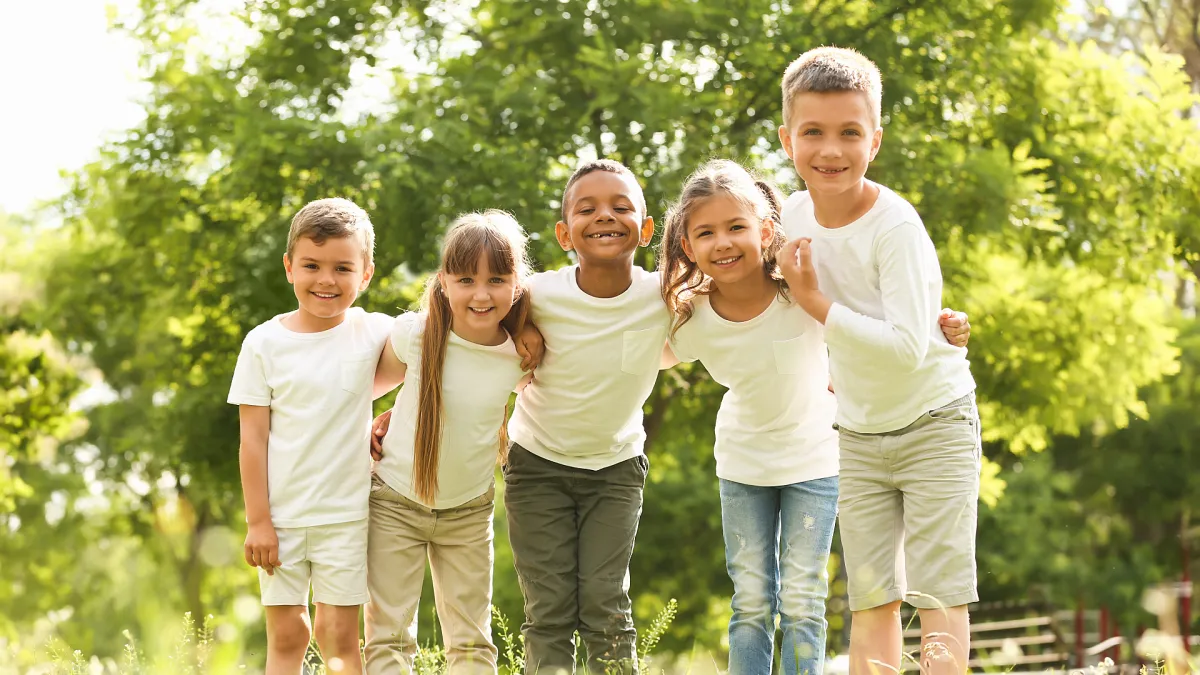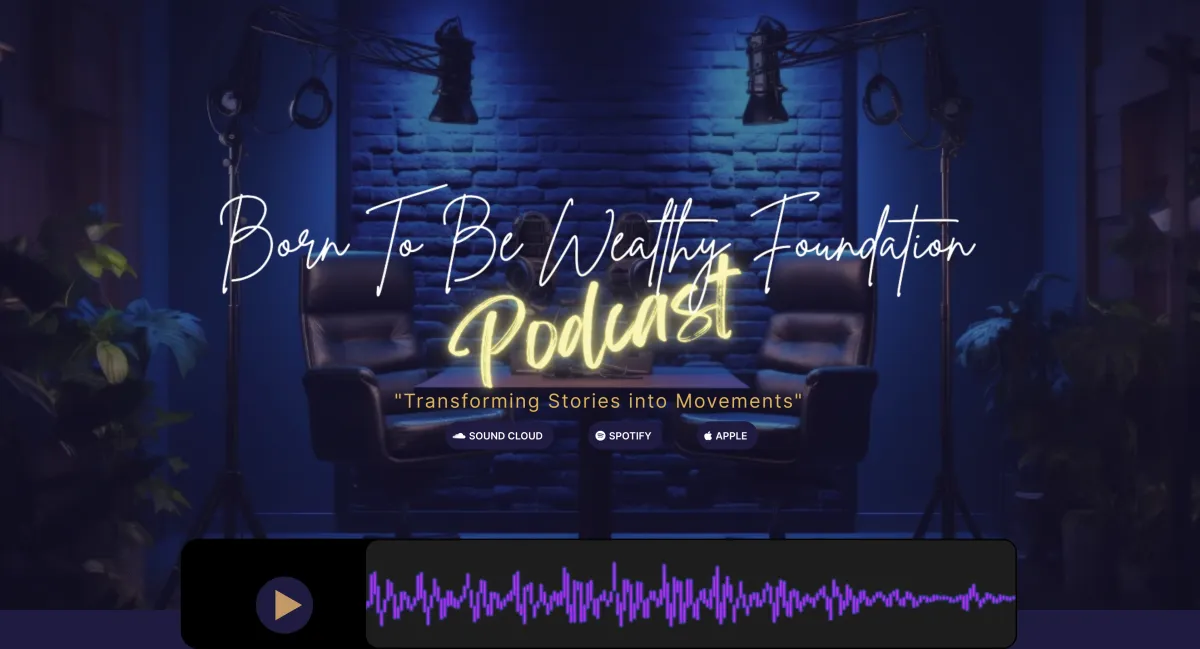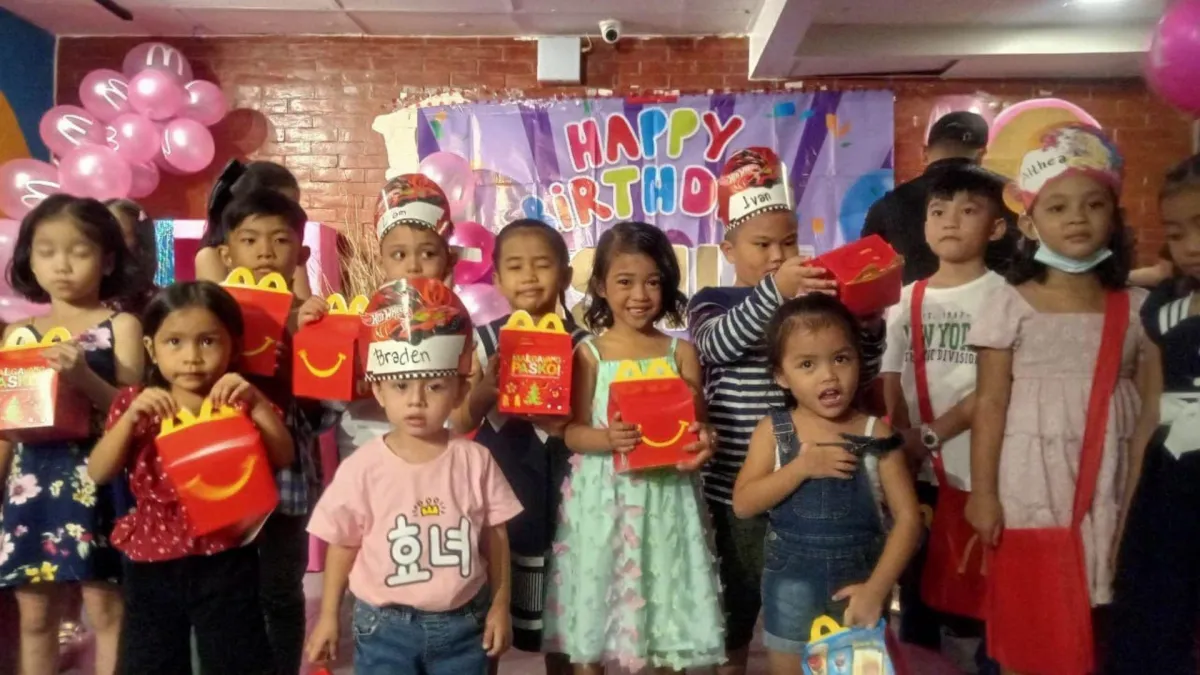
Supporting Mental Health in Underprivileged Communities

Supporting Mental Health in Underprivileged Communities
Episode - 29
Mental Health Is Just As Important As Physical Health
Especially for children navigating the challenges of growing up in underserved communities. The Born To Be Wealthy Foundation’s initiatives demonstrate how targeted support can transform lives, empowering children to thrive emotionally, academically, and socially.
Today, we focus on a critical yet often overlooked issue: supporting mental health in underprivileged communities, particularly among children. While mental health awareness has grown significantly in recent years, access to mental health care remains a challenge for many underserved families.
The Born To Be Wealthy Foundation is dedicated to addressing this gap through initiatives that prioritize emotional and psychological well-being. By integrating mental health support into its holistic programs, the Foundation ensures that children have the tools they need to navigate life’s challenges.
In this episode, we’ll explore the importance of mental health in child development, discuss the barriers faced by underprivileged communities, and highlight the Foundation’s programs that are making a difference.
Episode - 29
Mental Health Is Just As Important As Physical Health
Especially for children navigating the challenges of growing up in underserved communities. The Born To Be Wealthy Foundation’s initiatives demonstrate how targeted support can transform lives, empowering children to thrive emotionally, academically, and socially.
Today, we focus on a critical yet often overlooked issue: supporting mental health in underprivileged communities, particularly among children. While mental health awareness has grown significantly in recent years, access to mental health care remains a challenge for many underserved families.
The Born To Be Wealthy Foundation is dedicated to addressing this gap through initiatives that prioritize emotional and psychological well-being. By integrating mental health support into its holistic programs, the Foundation ensures that children have the tools they need to navigate life’s challenges.
In this episode, we’ll explore the importance of mental health in child development, discuss the barriers faced by underprivileged communities, and highlight the Foundation’s programs that are making a difference.

Listen to real conversations, and real topics that spark personal growth.

Listen to real conversations, and real topics that spark personal growth.
The Role of Mental Health in Child Development
Why Mental Health Matters for Children?
Mental health is the foundation for overall well-being and directly impacts a child’s ability to learn, build relationships, and achieve their potential.
Good mental health enables children to: Develop emotional resilience. Build self-confidence and self-esteem. Form meaningful relationships with peers and adults. Cope effectively with stress and adversity.
Without proper support, mental health challenges can lead to: Poor academic performance and school dropout. Behavioral issues, including aggression or withdrawal. Increased risk of substance abuse and self-harm in adolescence.
The Role of Mental Health in Child Development
Why Mental Health Matters for Children?
Mental health is the foundation for overall well-being and directly impacts a child’s ability to learn, build relationships, and achieve their potential.
Good mental health enables children to: Develop emotional resilience. Build self-confidence and self-esteem. Form meaningful relationships with peers and adults. Cope effectively with stress and adversity.
Without proper support, mental health challenges can lead to: Poor academic performance and school dropout. Behavioral issues, including aggression or withdrawal. Increased risk of substance abuse and self-harm in adolescence.
Company Introductions
Get to know about Us Against Us
Us Against Us is more than just a podcast—it’s a movement dedicated to exploring the battles we face within ourselves and the world around us. Hosted by Erica Carreno, each episode dives deep into topics like self-doubt, resilience, social justice, mental health, and personal growth.
Through heartfelt conversations with experts, thought leaders, and everyday individuals, the podcast shines a light on untold stories, offering fresh perspectives and actionable insights.
At its core, Us Against Us is about transformation. It’s about turning inner struggles into sources of strength and using personal growth as a catalyst for positive change. Whether you’re seeking inspiration, looking for tools to overcome life’s challenges, or simply craving authentic, thought-provoking discussions, Us Against Us is your guide on the journey to self-empowerment and collective progress.
Join us as we challenge norms, break barriers, and remind each other that the greatest battles lead to the most profound victories. Together, we rise.
Empower Yourself to Overcome Inner Battles
Authentic and Thought-Provoking Conversations
A Community That Inspires and Supports

Start your journey with Us Against Us—where real conversations spark personal growth.
Recognizing the intersection between mental health and other aspects of well-being
The Foundation integrates mental health support into its existing programs, ensuring a comprehensive approach to child development.
Recognizing the intersection between mental health and other aspects of well-being
The Foundation integrates mental health support into its existing programs, ensuring a comprehensive approach to child development.
1. Emotional Wellness Program
Provides children with tools to understand and manage their emotions. Activities: Mindfulness and relaxation exercises. Workshops on recognizing and expressing emotions. Group discussions to foster peer support. Example: A workshop on mindfulness helped children in a low-income school develop techniques to manage exam stress, leading to improved academic performance.
2. Counseling Services
Offers free or low-cost counseling for children and families. Format: Individual therapy sessions. Family counseling to address household dynamics. Crisis intervention for urgent mental health needs. Example: A single mother and her teenage son benefited from family counseling sessions that improved their communication and strengthened their relationship.
3. School-Based Mental Health Programs
Collaborates with schools to provide on-site mental health resources. Components: Mental health screenings to identify at-risk students. On-campus counselors for ongoing support. Training for teachers on how to recognize and respond to mental health issues. Example: At a partner school in Camiguin Island, teachers reported a 40% decrease in behavioral incidents after receiving mental health training.
4. Peer Mentorship Initiatives
Trains older students to act as mentors and role models for younger children. Benefits: Provides a support system that children may relate to more easily. Fosters leadership and empathy in mentors. Example: A high school senior mentored a younger student struggling with anxiety, offering encouragement and practical tips for managing stress.
5. Community Awareness Campaigns
Educates families and communities about mental health through workshops, pamphlets, and social media campaigns.Focus Areas: Destigmatizing mental health issues. Promoting the importance of early intervention. Encouraging open conversations about mental health. Example: A community event featuring local psychologists and social workers helped over 200 parents learn how to support their children’s mental health.
1. Emotional Wellness Program
Provides children with tools to understand and manage their emotions. Activities: Mindfulness and relaxation exercises. Workshops on recognizing and expressing emotions. Group discussions to foster peer support. Example: A workshop on mindfulness helped children in a low-income school develop techniques to manage exam stress, leading to improved academic performance.
2. Counseling Services
Offers free or low-cost counseling for children and families. Format: Individual therapy sessions. Family counseling to address household dynamics. Crisis intervention for urgent mental health needs. Example: A single mother and her teenage son benefited from family counseling sessions that improved their communication and strengthened their relationship.
3. School-Based Mental Health Programs
Collaborates with schools to provide on-site mental health resources. Components: Mental health screenings to identify at-risk students. On-campus counselors for ongoing support. Training for teachers on how to recognize and respond to mental health issues. Example: At a partner school in Camiguin Island, teachers reported a 40% decrease in behavioral incidents after receiving mental health training.
4. Peer Mentorship Initiatives
Trains older students to act as mentors and role models for younger children. Benefits: Provides a support system that children may relate to more easily. Fosters leadership and empathy in mentors. Example: A high school senior mentored a younger student struggling with anxiety, offering encouragement and practical tips for managing stress.
5. Community Awareness Campaigns
Educates families and communities about mental health through workshops, pamphlets, and social media campaigns.Focus Areas: Destigmatizing mental health issues. Promoting the importance of early intervention. Encouraging open conversations about mental health. Example: A community event featuring local psychologists and social workers helped over 200 parents learn how to support their children’s mental health.
Mission Statement
To nurture the emotional and psychological well-being of underprivileged children through accessible mental health programs, fostering resilience, confidence, and hope.
Barriers to Mental Health Support in Underprivileged Communities
Stigma and Lack of Awareness
Mental health issues are often misunderstood, leading to stigma that discourages families from seeking help.
Lack of education on mental health means symptoms may go unrecognized or untreated.
Financial Constraints
Professional mental health services can be expensive, putting them out of reach for low-income families.
Limited Access to Services
Rural and underserved urban areas often lack mental health clinics, professionals, and community resources.
Overburdened Caregivers
Parents and guardians in underprivileged communities may struggle to address their children’s mental health needs while managing financial and daily life stressors.
Mission Statement
To nurture the emotional and psychological well-being of underprivileged children through accessible mental health programs, fostering resilience, confidence, and hope.
Barriers to Mental Health Support in Underprivileged Communities
Stigma and Lack of Awareness
Mental health issues are often misunderstood, leading to stigma that discourages families from seeking help.
Lack of education on mental health means symptoms may go unrecognized or untreated.
Financial Constraints
Professional mental health services can be expensive, putting them out of reach for low-income families.
Limited Access to Services
Rural and underserved urban areas often lack mental health clinics, professionals, and community resources.
Overburdened Caregivers
Parents and guardians in underprivileged communities may struggle to address their children’s mental health needs while managing financial and daily life stressors.
Together, we can build a future where every child has access to the mental health care they deserve.
Together, we can build a future where every child has access to the mental health care they deserve.
How You Can Support Mental Health Initiatives
1. Donate. Your contributions fund counseling sessions, workshops, and mental health resources for children and families.
2. Volunteer. Serve as a mentor or help organize community events. Mental health professionals can offer pro bono services.
3. Advocate. Raise awareness about the importance of mental health through social media, events, and conversations.
How You Can Support Mental Health Initiatives
1. Donate. Your contributions fund counseling sessions, workshops, and mental health resources for children and families.
2. Volunteer. Serve as a mentor or help organize community events. Mental health professionals can offer pro bono services.
3. Advocate. Raise awareness about the importance of mental health through social media, events, and conversations.
A Call to Action
How You Can Help
Empowering underprivileged youth through education requires collective effort. Here’s how listeners can get involved:

Donate
Contributions directly fund scholarships, infrastructure, and learning materials.

Volunteer
Share your time and expertise by mentoring, tutoring, or assisting in programs.

Advocate
Spread the word about the Foundation’s mission to inspire others to join the cause.
Looking Ahead
Expanding Mental Health Support
The Born To Be Wealthy Foundation aims to:
Launch Online Counseling Services:
Use telehealth platforms to reach more families.
Expand Training Programs:
Equip teachers and community members with mental health first aid skills.
Advocate for Systemic Change:
Push for greater government investment in mental health care for children.
Looking Ahead
Expanding Mental Health Support
The Born To Be Wealthy Foundation aims to:
Launch Online Counseling Services:
Use telehealth platforms to reach more families.
Expand Training Programs:
Equip teachers and community members with mental health first aid skills.
Advocate for Systemic Change:
Push for greater government investment in mental health care for children.

Born to be Wealthy Non-Profit Foundation is an organization dedicated to nurturing the potential of children through comprehensive support services aimed at creating a foundation for a prosperous future.
CONTACT INFO
Born To Be Wealthy Foundation
255 S Orange Avenue, Suite 104
Orlando, FL 32801 United States
Federal Tax ID: 99-2079151
Born To Be Wealthy Foundation is a registered 501(c)(3) non-for-profit organization, donations are tax-deductible.
Contact: 1 (347) 427-5507
OUR PROGRAMS
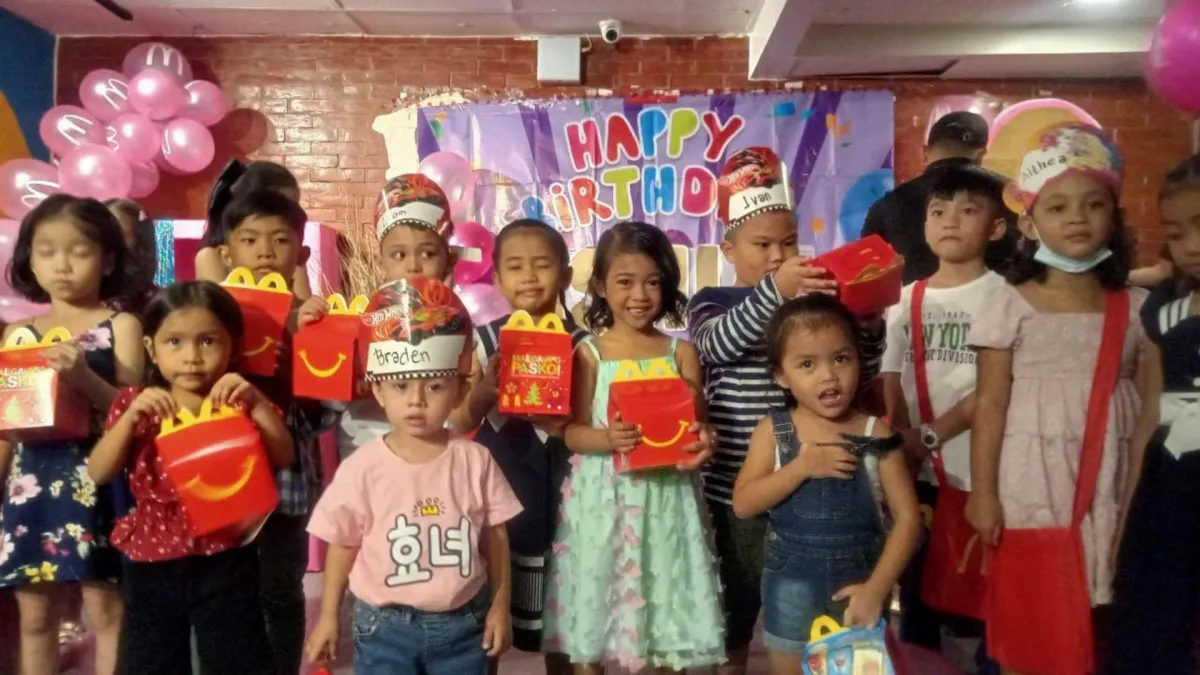
Celebrating every child's joy.

Healthy bodies, brighter futures.

Children helping children grow.

Empowering Youth. Investing in Futures.

Born to be Wealthy Non-Profit Foundation is an organization dedicated to nurturing the potential of children through comprehensive support services aimed at creating a foundation for a prosperous future.
CONTACT INFO
Born To Be Wealthy Foundation
255 S Orange Avenue, Suite 104
Orlando, FL 32801 United States
Federal Tax ID: 99-2079151
Born To Be Wealthy Foundation is a registered 501(c)(3) non-for-profit organization, donations are tax-deductible.
Contact: 1 (347) 427-5507
OUR PROGRAMS

Celebrating every child's joy.

Healthy bodies, brighter futures.

Children helping children grow.






